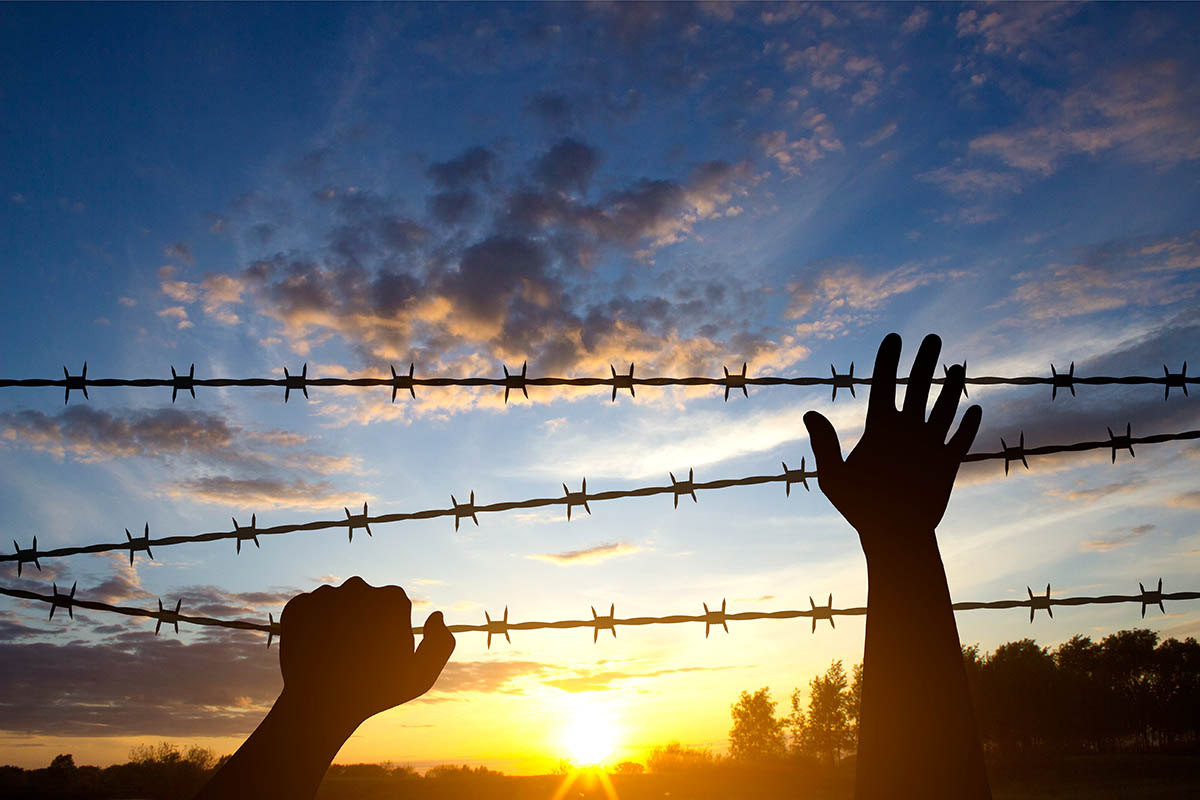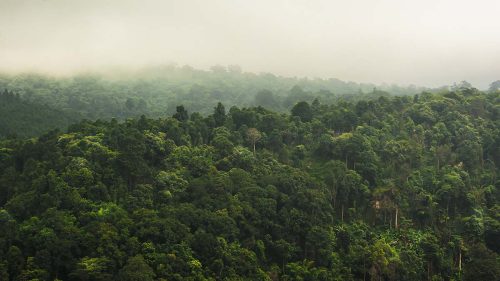
Sustainability and Suitability: Considerations for new Gaming Regulators
23 July, 2025
Thailand’s Entertainment Complexes
6 August, 2025Winna Media Insights
30 July, 2025
Casinos in the Crossfire of Thai Border Conflict
Does this mean increased market risks?

With a ceasefire announced Monday between Cambodia and Thailand, many are wondering if the borders will be reopened soon. And along with that, access to Cambodia’s lucrative 20 to 30 casinos along the Thai border, which have been largely cut off from Thailand overland crossings for nearly two months. One was evacuated from shelling over the weekend.
Meanwhile, on Saturday, July 26, suspended Thai Prime Minister and on-duty Culture Minister Paetongtarn Shinawatra stated that Cambodia has committed a “severe war crime” by initiating the border conflict, suggesting that it may be linked to “her successful crackdown on call centre scam gangs.”
She further said that Cambodia had previously expressed anger at being excluded from the trilateral anti-scam cooperation and questioned whether the crackdown had interfered with powerful interests, which may have led to the current situation.
Both Paetongtarn and her father have made public appearances at evacuation centres near the border, earning public relations points amidst national unity rallying.

Centuries of border claims
Whilst the border claims area goes back centuries, it is immaterial except for national sentiments, say many analysts, as the dispute is deeper and about Cambodia’s economy suffering and relying heavily “on border business” to buoy finances, by as much as 40 per cent by some estimates.
Several analysts I spoke with did not want to comment on record because of the sensitive nature of the fighting.
“Raising medieval history for Cambodia and Thailand relations as explanatory tools for today’s crisis is as silly as raising issues of the Battle of Hastings in 1066 to shed light on current tensions between London and Paris,” chided one Asian gaming analyst.
“They are fighting for multiple reasons, and these temples are not really the essential parts of the equations,” he added.
According to reports from the United Nations Office on Drugs and Crime (UNODC), the Cambodia border with Thailand could constitute upwards of 40 per cent of GDP, including scam centres, casinos, and other economic exchanges, some in the grey zone of law enforcement.
Whilst the current ceasefire is holding, many are still sceptical that recent hostilities will see any of the border checkpoints open soon.

Will online gaming increase?
This portends, says another analyst off-record, that online gaming in Cambodia will likely increase if some of the standalone gaming areas on the border decide to shutter their door, with others consolidating and rebooting.
Another said that “they can move inwards” into deeper Cambodian countryside, not just be based on the border, “so the gaming industry based in Cambodia will adapt, and do so quickly.”
Others are wondering if the businesses will increase along Cambodia’s border with Laos and Vietnam, but this is early speculation and difficult to quantify.
Overall, the volatility of the region does not look likely to abate anytime in 2025. But Cambodia is likely to face growing overall tourism shrinkage in terms of both volume and spending capacity of visitors, whereas Thailand will see hovering visitation lengths of stay with mixed guest expenditures, say most analysts.
With underground and online gaming prevalent in Thailand, although the present EC bill was withdrawn, many industry watchers are paying attention to how public sympathy is now bending to Paetongtarn Shinawatra over aggrieved statements and the war conducted by Hun Sen.
Meanwhile, Macau, Manila and Singapore gaming analysts explained that they are “freaked out” by the violence on the Cambodia-Thai border and do not see the big operators coming back to knock on Bangkok’s door this year. Expectations of the EC bill are hitched to the success of the Shinawatras at present, with a wait-and-see attitude prevailing.
Whether or not the ceasefire pans out, the political volatility in both Bangkok and Phnom Penh could mean increased market risk studies and outreach options for regional operators for the rest of 2025. Either way, political opposition to governance in Bangkok and Phnom Penh is dwindling as hardline military support seek to stabilise policies, quelling public dissent. Macau and Singapore-based operations are the current winners—even if their Thailand dreams are on pause.



